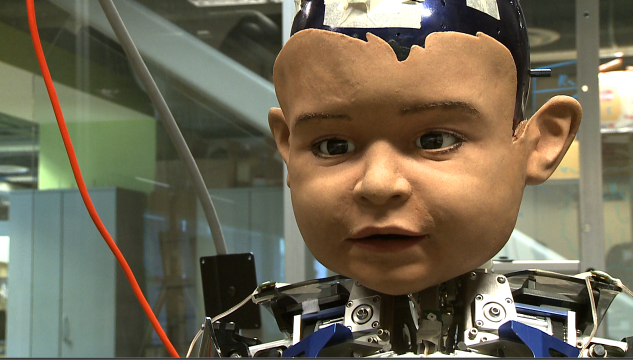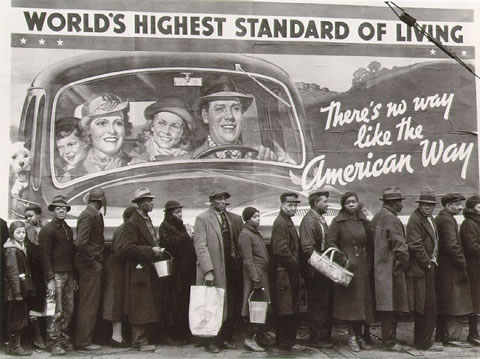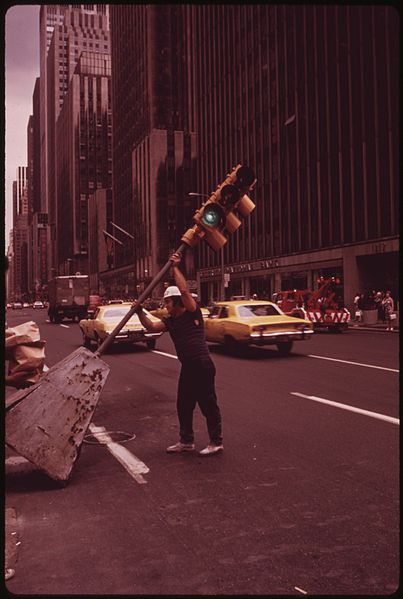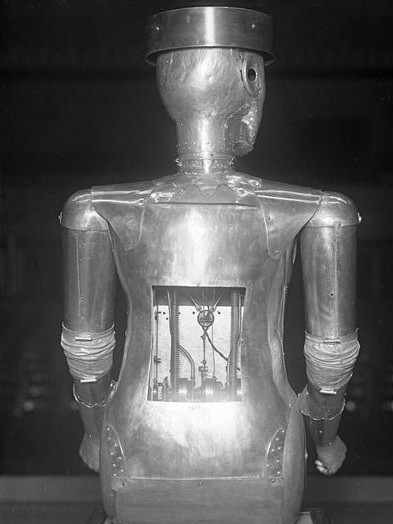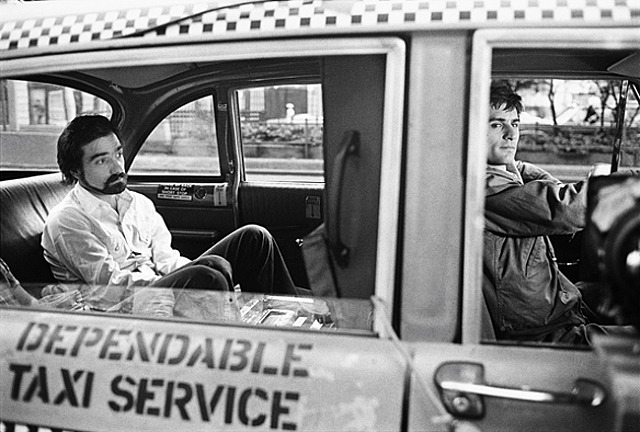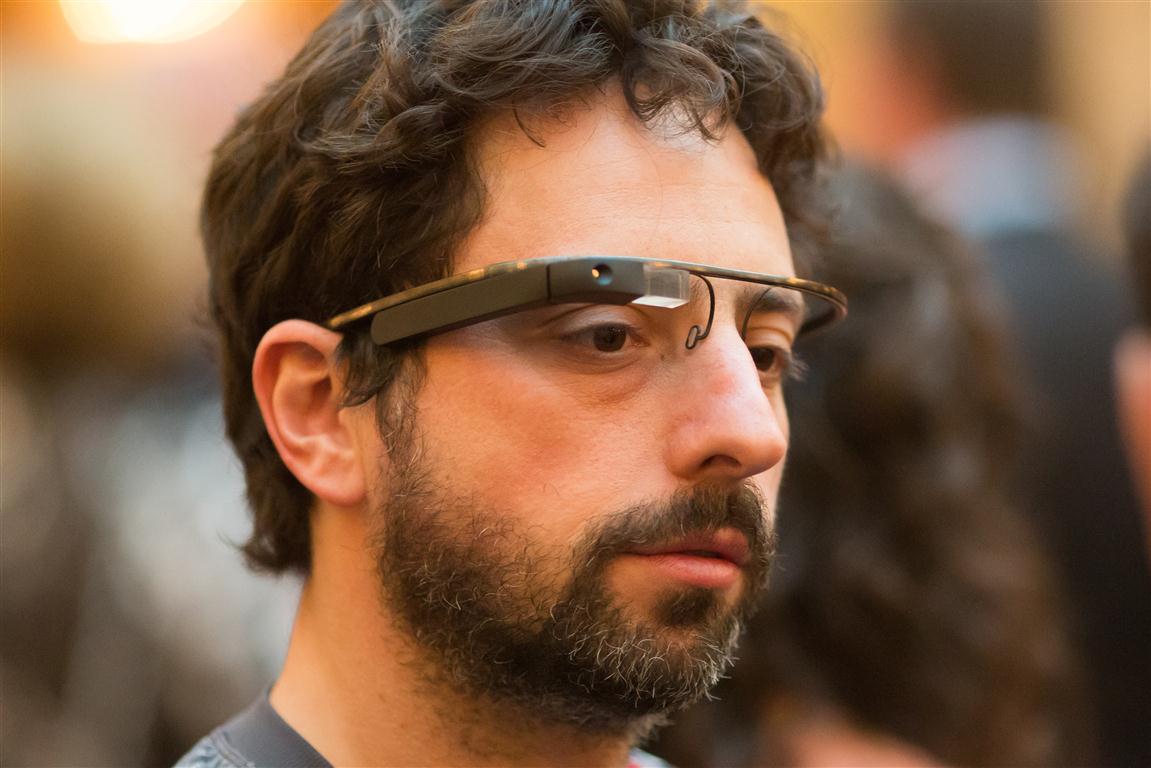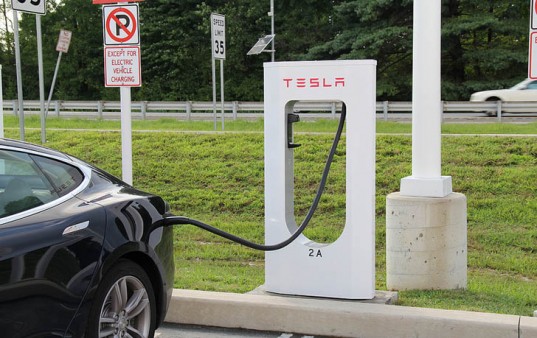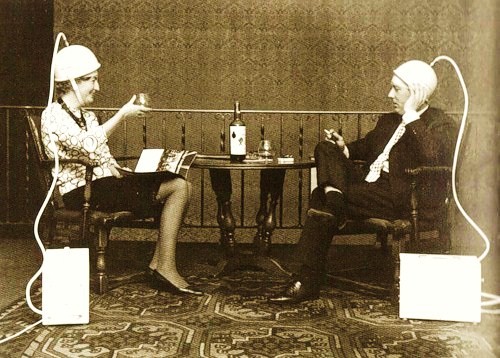
If memory serves, at the conclusion of the 2011 documentary Page One: Inside the New York Times, the young Media Desk reporter Tim Arango was off to Iraq to run the publication’s Baghdad bureau, which then seemed a sleepy-town beat. It awoke like a rough beast with ISIS, sadly, and Arango has done an insightful Ask Me Anything at Reddit about his experiences in the country we destabilized for no good reason. A few exchanges.
_________________________
Question:
Do you think our influence in Iraq with the Iraq War was negative?
Tim Arango:
Yes, there is no other way to see it. Everything that is occurring in Iraq today is related the American legacy there. The forerunner of ISIS was created to oppose the American occupation, and many of its leaders were in American detention facilities in Iraq. On the other side of the ledger, as it pertains to Iraqi politics, you see the American legacy. The U.S. basically chose Maliki, whose sectarian politics alienated many Sunnis, creating the fertile ground for ISIS to sweep in to these areas. And many of those Maliki policies that have pushed aside the Sunnis were started by the Americans. Excluding Sunnis from political life? that has its origins in the American De-Baathification policy. Maliki’s security policy of conducting mass arrests of Sunni men in the name of fighting terrorism? the U.S. did that too. So at every turn in the Iraq story now you see the American legacy at play.
_________________________
Question:
As a reporter, do you think your safety in Iraq or how you cover the country has changed since 2010?
Tim Arango:
It has changed a great deal. When I first arrived in 2010 the entire country was open to me. I could – and did – go to falluja for lunch, on a whim. Now most of the country is off limits. We can be in Baghdad, the south and the kurdish region in the north. Just about everything else is a no-go.
_________________________
Question:
Do you believe that there’s anything in particular about the muslim religion that drives people towards violence? I’m not saying it’s a toxic religion, or that religion can somehow turn people into terrorists, but why do you think it’s more common, nowadays, for terrorists to be somehow affiliated to muslim faiths, and not other religions?
Tim Arango:
No. Every religion has its extremists. Nearly every Iraqi I have ever met has been welcoming and hospitable to me, they are appalled by what is happening in their country.
_________________________
Question:
What will it actually take to restore Iraq to a suitable state again? It seems so far down the tunnel now!
Tim Arango:
That is going to be a long project. it’s going to take peace in syria, and within iraq the first step is for sunnis to push out ISIS from their communities. But more importantly, Iraq, if it is ever to achieve peace and prosperity, will need a serious reconciliation effort. There may be no more traumatized society in the world than Iraq, and it goes back decades. Iraqis will need to learn to forgive one another for the past if they are ever to move on.•


